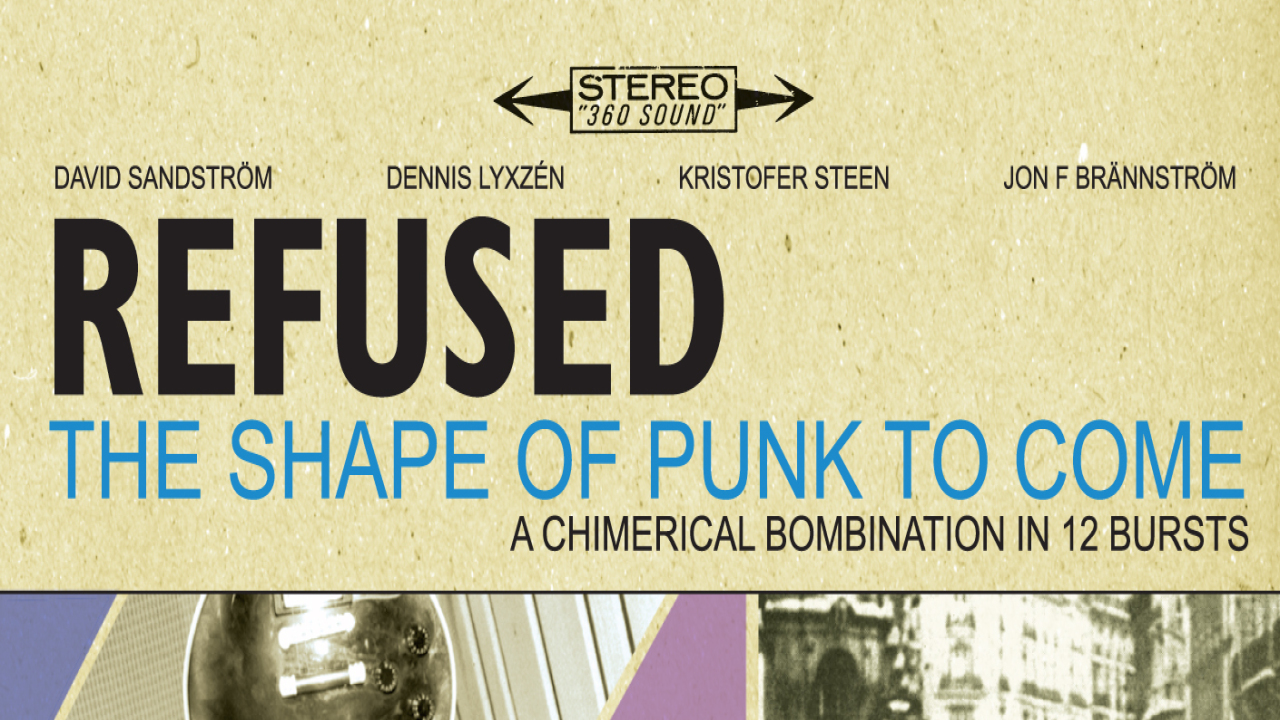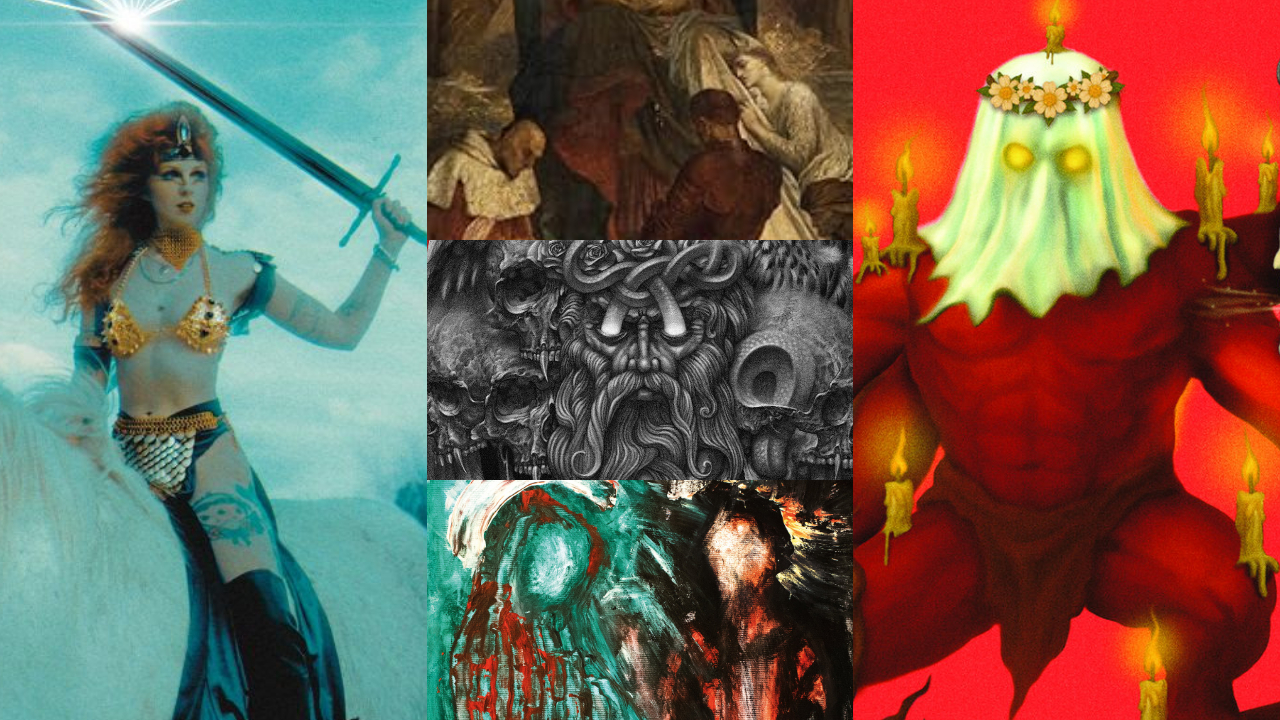Why 'The Shape Of Punk To Come' still sounds like The Future
Is this the most influential rock album of the last 25 years?

For a long time it looked like Refused were destined to become hardcore punk’s very own Picasso, undervalued, unappreciated and ignored in their own time, but later revered for their artistic genius. And it was all thanks to this, the Swedish firebrands’ explosive swansong.
In 1998, the band - led by eloquent, charismatic frontman Denis Lyxzen - bowed out having performed to around 30 people at London’s tiny Red Eye venue in Kings Cross. Their US tour had seen them perform in fans basements and backyards. Truthfully, no one cared.
I, like most other people, didn’t know too much about them the first time around. But as a fan of smart alt. rock bands such as At The Drive-In, Quicksand, Nation Of Ulysses and Jawbox and the tide of punks that followed them, I started to hear Refused referred to in reverential terms as inspirational icons a year or so after they split. One listen to The Shape Of Punk To Come (or, to give it its full title, The Shape Of Punk To Come: A Chimerical Bombination In 12 Bursts), and it was like the moment in The Wizard Of Oz where the world goes from black and white to colour. It was simply the most vibrant, exciting thing I’d ever heard. Because they were reaching the end of the road, it seemed that Refused had set themselves completely free of genre conventions, creating a firework display of hardcore, techno, jazz (the title itself references from Ornette Coleman’s celebrated 1959 album The Shape Of Jazz To Come via a track on Nation Of Ulysses’ Play Pretty For Baby record), poetry, literary excepts, revolutionary polemic and eye-popping punk rock. It was completely new, and punk rock in the purest terms: they were experimenting and making exactly the music they wanted to make, without compromise.
The album’s centrepiece, the electrifying New Noise, remains one of the most astonishing calls to arms ever committed to record. Lyxzen’s screams and whoops are as joyful as they are intense, and they echoed down through the generation of new bands that followed them. The moment, half way through the song, when the sound fades, before building to a truly gargantuan chorus of riotous crowd noise and elephantine riffs, makes you feel absolutely invincible.
In the years after their split, many have attempted to imitate Refused, but none have captured the wild energy of this album. So when the Swedes returned in 2012, to face audiences hundreds of times bigger than those they played to in 1998, it was a relief to find the fire, intelligence, passion and sheer energy was burning brighter than ever before. Refused, it turned out, weren’t quite as dead as they claimed. And this album still sounds like the future.
The latest news, features and interviews direct to your inbox, from the global home of alternative music.
Emma has been writing about music for 25 years, and is a regular contributor to Classic Rock, Metal Hammer, Prog and Louder. During that time her words have also appeared in publications including Kerrang!, Melody Maker, Select, The Blues Magazine and many more. She is also a professional pedant and grammar nerd and has worked as a copy editor on everything from film titles through to high-end property magazines. In her spare time, when not at gigs, you’ll find her at her local stables hanging out with a bunch of extremely characterful horses.

